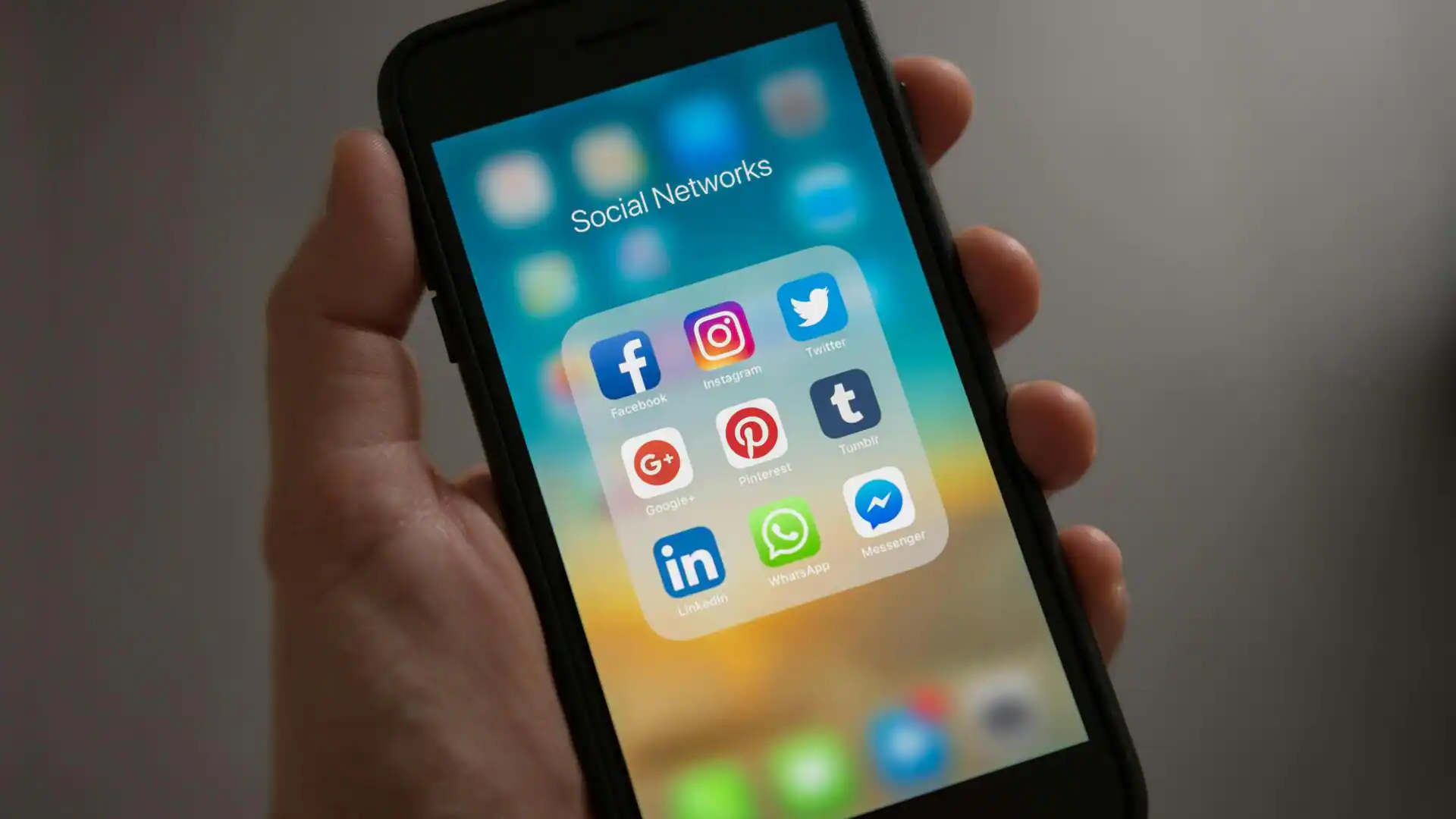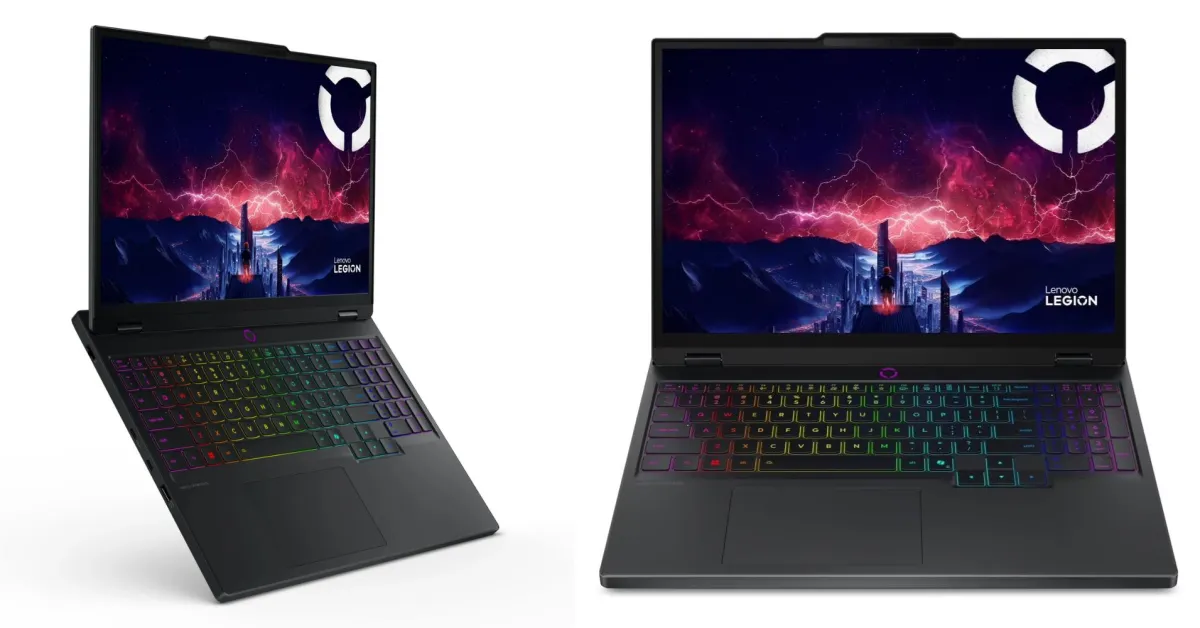Copyright newsbytesapp

In today's digital age, managing screen time has become a necessity for mental well-being. With the increasing dependence on screens for work, entertainment, and communication, it is essential to find ways to balance screen use with other activities. This guide offers practical tips for beginners to manage their screen time effectively. By adopting these strategies, individuals can improve their mental health and maintain a healthy relationship with technology. Establishing clear boundaries is key to managing screen time. Decide specific hours during which you will use screens, and stick to them. This could mean no screens during meals or an hour before bed. By setting these limits, you create space for other activities that contribute to your well-being. Engaging in offline activities can help reduce dependence on screens. Pick up hobbies like reading, gardening, or exercising that do not involve technology. These activities not only provide a break from screens but also promote relaxation and mental rejuvenation. Mindful use of technology means being conscious of how much time you spend on devices and what you're doing with them. Use apps that track your screen time and alert you when you've crossed your limit. This awareness can help you make informed decisions about your digital habits. Designating certain areas in your home as tech-free zones can help reduce screen time. For instance, make your bedroom a place for rest without distractions from devices like phones or tablets. These zones encourage face-to-face interactions and restful environments. Taking regular breaks from screens is essential for mental health. Follow the 20-20-20 rule: every 20 minutes, look at something 20 feet away for 20 seconds. This practice helps reduce eye strain and gives your mind a breather from constant digital engagement.



